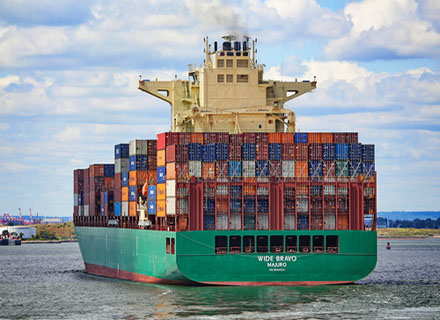China-based container line China United Lines (CULines) has planned to launch three new services to Southeast Asia and Brazil in July, according to the media. The new service will directly connect Ningbo in China with Santos in Brazil. Under the cooperation with Cosco Shipping Specialised Carriers, the vessel Cosco Shipping Honor will be deployed on the service.
To expand express services of CULines in the regions of Asia, new services for China-Philippines (CPX) will begin on July 2nd, and China-Thailand (CT3) will commence on July 15th. The port rotation for CPX is Qingdao – Shanghai – Ningbo – Manila North – Manila South. Whereas for CT3, it will be Hong Kong – Qinzhou – Haiphong – Bangkok – Laem Chabang.
In May, to meet customers’ increasing demand in Asia-Europe Express Service (AEX), CULines decided to provide more space by upgrading the frequency from monthly to bi-weekly. This gave the firm another two 4,250 twenty-foot equivalent unit (TEU) containerships that joined the two same type vessels on AEX service. The upgraded AEX connected the main ports in the Far East, including Shanghai – Ningbo – Xiamen – Nansha – Yantian – Ho Chi Minh City, and the three European base ports of Rotterdam – Hamburg – Antwerp.
Earlier this year was the first time CULines made its first entry into the European market. The firm’s maiden services to Europe were called at Shekou and Yantian in Guangdong province, South China and was followed by Hong Kong before connecting to the major European ports of Rotterdam and Hamburg.
CULines, Menzell & Dohle set up a joint venture company called CULines Europe GMBH to provide local services at the European ports.



